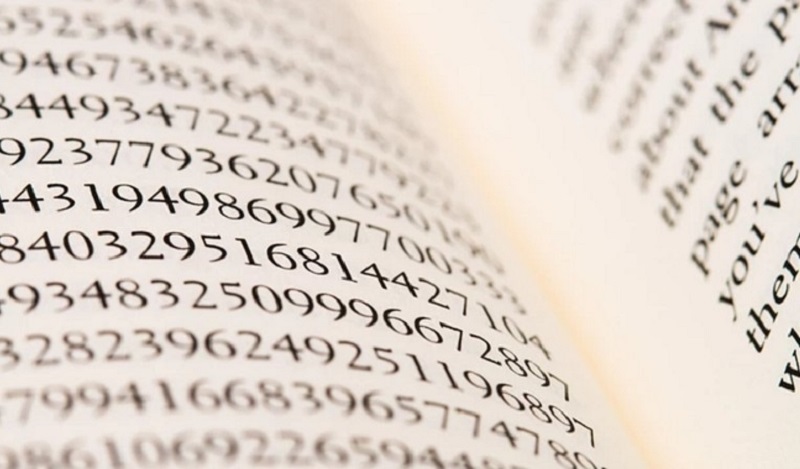Yesterday we learned that a new prime number of Mersenne had been discovered, a milestone that returns to give the protagonism to these numbers so special that always have identical format (2 p -1) and that each time have a greater number of figures. In fact the number found, 2 74207281 -1, has more than 22 million digits.
The discovery seems more of an anecdote than anything else, and although these numbers are almost an obsession for mathematicians, the reality is that the search for new prime numbers makes sense in several practical and theoretical areas.

Evaluating the raw power of processors
The process of discovering new prime numbers of Mersenne is especially demanding. Programs like Prime95 are used to evaluate the gross performance of modern processors and let you know if these chips are able to withstand very high workloads over long periods of time.
This is a particularly popular tool among overclocking enthusiasts, who can determine if the CPU or other components are forced to function even with these high loads.
In fact, this type of computing process helped find a bug in Intel’s Skylake processors: working with Prime95 found that these processors could hang or cause unpredictable system behavior. Intel recognized the problem and solved it through a BIOS update that it has distributed in collaboration with its partners in the field of motherboards.
A virtual supercomputer that exceeds all current
That search for Mersenne prime numbers has also become a demonstration of how much distributed computing can offer. The GIMPS (Great Internet Mersenne Prime Search) project makes precise use of Prime95 software so that the workload of the search for new prime numbers is distributed among a huge number of computers worldwide.
Anyone can join the project, and in fact when executing the Prime95 program we are asked if we want to join this initiative or just pass a “stress test” with which to evaluate precisely the stability of our team. It is one of the best-known distributed computing projects in the world, and even though Prime95 originally focused on the CPU, it has long been working on a GPGPU version that precisely leverages the massive raw power of dedicated graphics cards.
This project has been responsible for the discovery of fifteen new prime numbers of Mersenne, and currently has a throughput (average of the last 30 days) of 307554 TFLOPs. The figure is really remarkable and would make this “distributed computer” the most powerful in the world, above all supercomputers in the Top500 list. The number one on that list is Tianhe-2, at Chima with a peak power of 54902.4 TFLOPS.
You may also like to read another article on YellowTube: If you cover your webcam for privacy you may want to do the same with your microphone
Today we use it to encrypt communications, tomorrow … who knows
As explained in Ars Technica, one of today’s practical applications of these prime numbers is RSA encryption: the person who wants to receive a message protected with this algorithm will publish the product of two large prime numbers as their “public key”, Something that makes it very difficult to decrypt with brute force.
A person potentially interested in these encrypted messages would have to try to guess the proper prime numbers with which the public key was generated, which can be very laborious. In addition, the larger the prime numbers used, the more potential combinations there are to create the public key and the harder it is to find that public key.
The secret of success here is that there can be no confusion in factorization: whereas if any two numbers were used there could be other whole numbers with which to obtain the key. When using prime numbers these possibilities are finite, and that makes the discovery of new prime numbers especially interesting.
The reasons for continuing to pursue this quest, as argued by Dr. Chris Caldwell, a professor of mathematics at the University of Tennessee, are very diverse, and not necessarily “practical.” Some do it by tradition, by that hobby to collect strange objects or landmarks, and even for glory (and money, find a cousin of Mersenne is paid) to have your name associated with the discovery of a new prime number of Mersenne.
However, it is one of those processes that we do not even know will be more useful in the future, something that has happened with other discoveries in the past that later applied to developments that were not even in the minds of its creators when the discoveries occurred Original So it seems like it would not be a bad idea if you’re looking for those new prime numbers too, do not you think?
